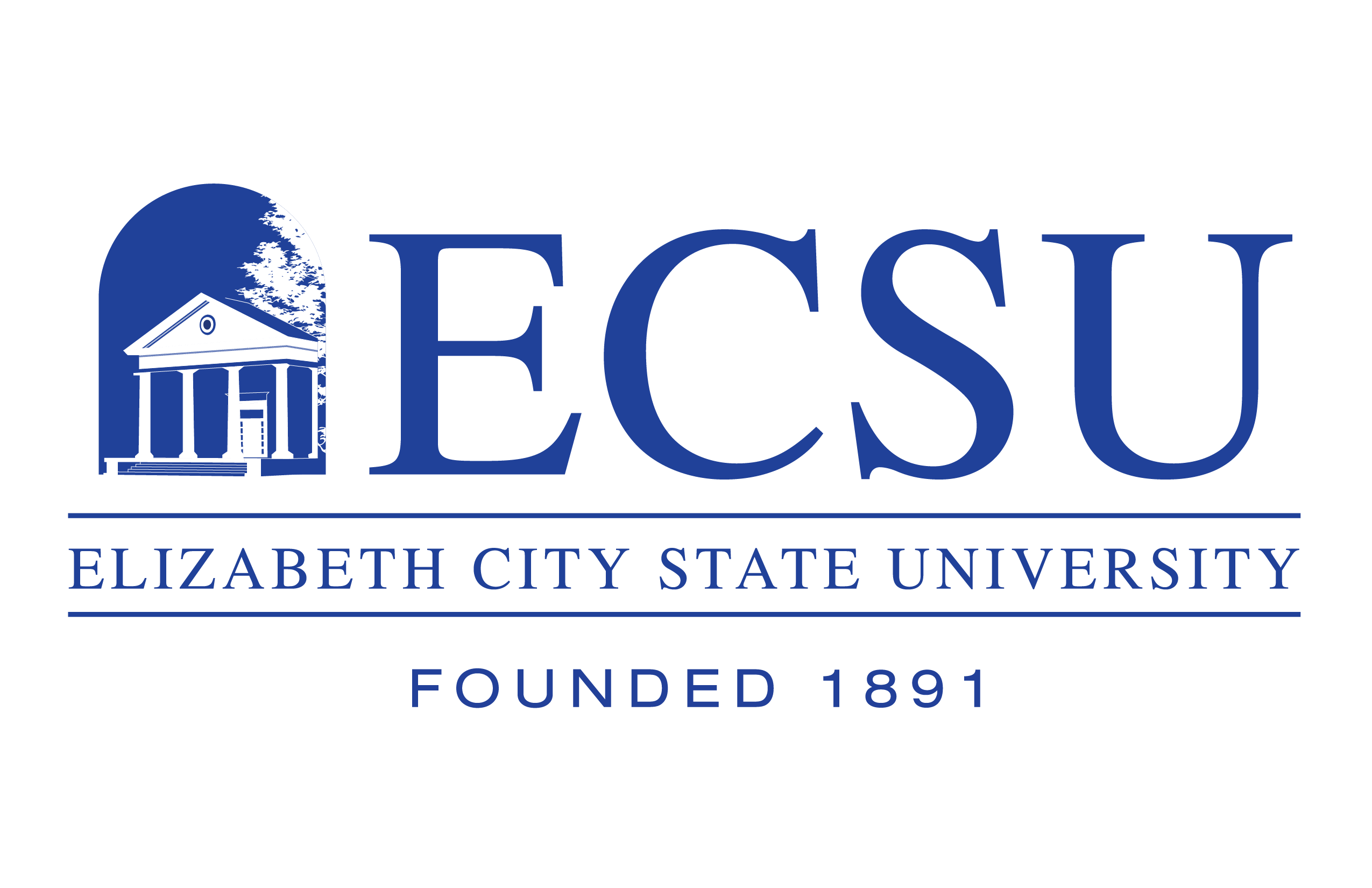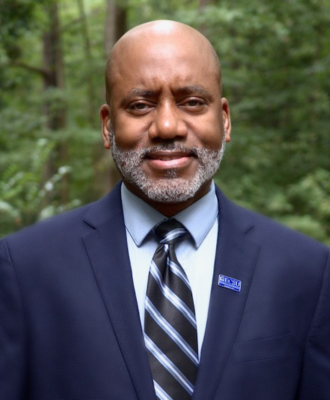ELIZABETH CITY, N.C. — Elizabeth City State University (ECSU) has appointed Robert N. Corley III, Ph.D., as provost and vice chancellor for academic affairs, effective Oct. 1, 2025.
As the university’s chief academic officer, Corley will lead ECSU’s Division of Academic Affairs and oversee strategic initiatives to advance student success and elevate ECSU’s academic profile.
Corley is a higher education leader with more than two decades of experience in teaching, research, outreach and academic administration. He comes to ECSU from Virginia State University, where he serves as senior advisor to the president. In that role, Corley helps shape university strategy, build external partnerships and lead capacity-building initiatives.
Earlier in his career, Corley spent more than a decade at Tuskegee University as a faculty member, chair of the Faculty Senate and SACSCOC lead. Since joining Virginia State University, he has held several leadership roles, including vice provost for academic and student affairs, associate vice provost for graduate programs, interim dean of the College of Education, COVID-19 response director, director of the Wallace Foundation University Principal Preparation Initiative, and dean of the College of Agriculture.
A prolific researcher, Corley has authored more than 40 peer-reviewed publications and secured more than $9.2 million in grants as a principal or co-principal investigator. His work spans animal and human health, nutrition, leadership development and academic innovation.
“Dr. Corley is an accomplished scholar and proven leader whose vision and experience will strengthen ECSU’s academic programs and expand opportunities for our students,” said Chancellor S. Keith Hargrove. “His commitment to innovation and student success aligns perfectly with our mission, and we are thrilled to welcome him to our university community.”
Corley is a two-time graduate of Tuskegee University, where he earned a bachelor’s and master’s degree in animal and poultry sciences. He holds a doctorate in animal sciences from the University of Illinois, specializing in nutrition and biological and mathematical modeling. He also completed a fellowship at Georgetown University’s Kennedy Institute of Ethics, where he focused on bioethics, leadership and the ethical dimensions of scientific and academic work.

